Say goodbye to those ol’ coke bottle glasses because the Library is going Lasik, baby. The future is here, and the Library wants to hear from you about what it might look like. So, take the Re-Envisioning The UC Berkeley Library online survey. The survey can be found on the Re-Envisioning The UC Berkeley Library webpage. The undergraduate version should take about 5 minutes; the other versions are likely to take around 10 to 15 minutes. The survey closes on May 31, 2012. Let Your mouse clicks be heard!
Day: May 17, 2012
It’s The Season Of The Shark: Summer Hours in Graduate Services
It’s time for fun and sun. It’s summer break unless you have to go to summer school. Then its just summer. Even though there are not any summer graduate courses in the Humanities and Social Sciences, we understand graduate students don’t need no stinking classes to get there study on. And with this in mind, we are still open, but with limited hours. Until the first week of July that is. Then Graduate Services goes back to its normal semester hours you are used to.
Now, let’s cut to the chase: From May 13th through July 1st, Graduate Services will be open from 10am to 6pm Monday through Thrusday and 10am to 5pm on Friday. Saturday and Sunday we will be closed. July 2nd to August 10th Graduate Services will return to its normal semester hours: 9am to 9pm Monday through Thursday, 9am to 5pm on Friday, and 1pm to 9pm on Sunday. Saturdays we are always closed.
And that brings us up to the Fall 2012 semester and the beginning of a whole new academic year.
If you really want to cut to the chase and avoid everything I said above, check out the hours for Graduate Services online.
Happy Hour All Day Long: New Books In Graduate Services In April
Come on into Graduate Services this month for Everyday Drinking by Kingsley Amis, and stay around for Rub Out The Words by William S. Burroughs. Before its over you’ll be mind deep in The Handbook of Medieval Sexuality among other things. I mean its a proven equation for happines: (Social Lubrication) + (Rubbing One Out) + (Getting All Medieval) = Smiley Face. I know. I promise. Enjoy.
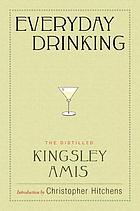
Everyday Drinking: The Distilled Kingsley Amis with an introduction by Christopher Hitchens
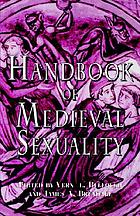
Handbook Of Medieval Sexuality edited by Vern L. Bullough and James A. Brundage

Rub Out The Words: The Letters Of William S. Burroughs, 1959-1974 edited by Bill Morgan
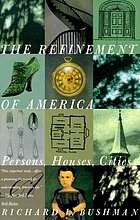
The Refinement Of America: Persons, Houses, Cities by Richard L. Bushman
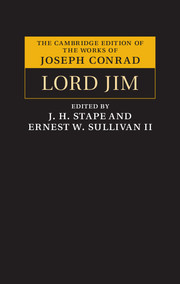
The Works Of Joseph Conrad: Lord Jim edited by J.H. Stape and Ernest W. Sullivan II
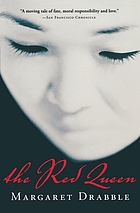
The Red Queen: A Transcultural Tragicomedy by Margaret Drabble

The Pursued by C.S. Forester

Beautiful Circuits: Modernism And The Mediated Life by Mark Goble

Fat Master by Thomas Kinsella

Love Joy Peace by Thomas Kinsella
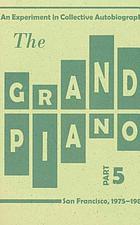
The Grand Piano: An Experiment In Collective Autobiography, San Francisco, 1975-1980 v.1-10 by Bob Perman, Steve Benson, Tom Mandel, Kit Robinson, Rae Armantrout, Barrett Watten, Carla Harryman, Ron Silliman, Lyn Hejinian, and Ted Pearson

It’s Your Misfortune And None Of My Own: A New History Of The American West by Richard White
Introducing NTRL 3.0

The National Technical Reports Library, our go-to source for technical reports from government agencies, introduced a new user interface this week.
NTRL 3.0 features:
- Faceted search results
- Limit search to only full-text items
- Expansion of searchable fields
- Limit search using NTIS subject categories
- … and more!
See what’s new at https://ntrl.ntis.gov/.
CDC Lowers Lead-Poisoning Threshold for Kids
U.S. health officials on Wednesday, May 16, lowered the threshold for what’s considered lead poisoning in young children.
The change by the U.S. Centers for Disease Control and Prevention reduces the definition of lead poisoning from 10 micrograms of lead per deciliter of blood to 5 micrograms.
The CDC’s action is the first time in 20 years that the level for acceptable levels of lead in the bloodstream have been adjusted.
More information in the news release from the US Office of Minority Health.